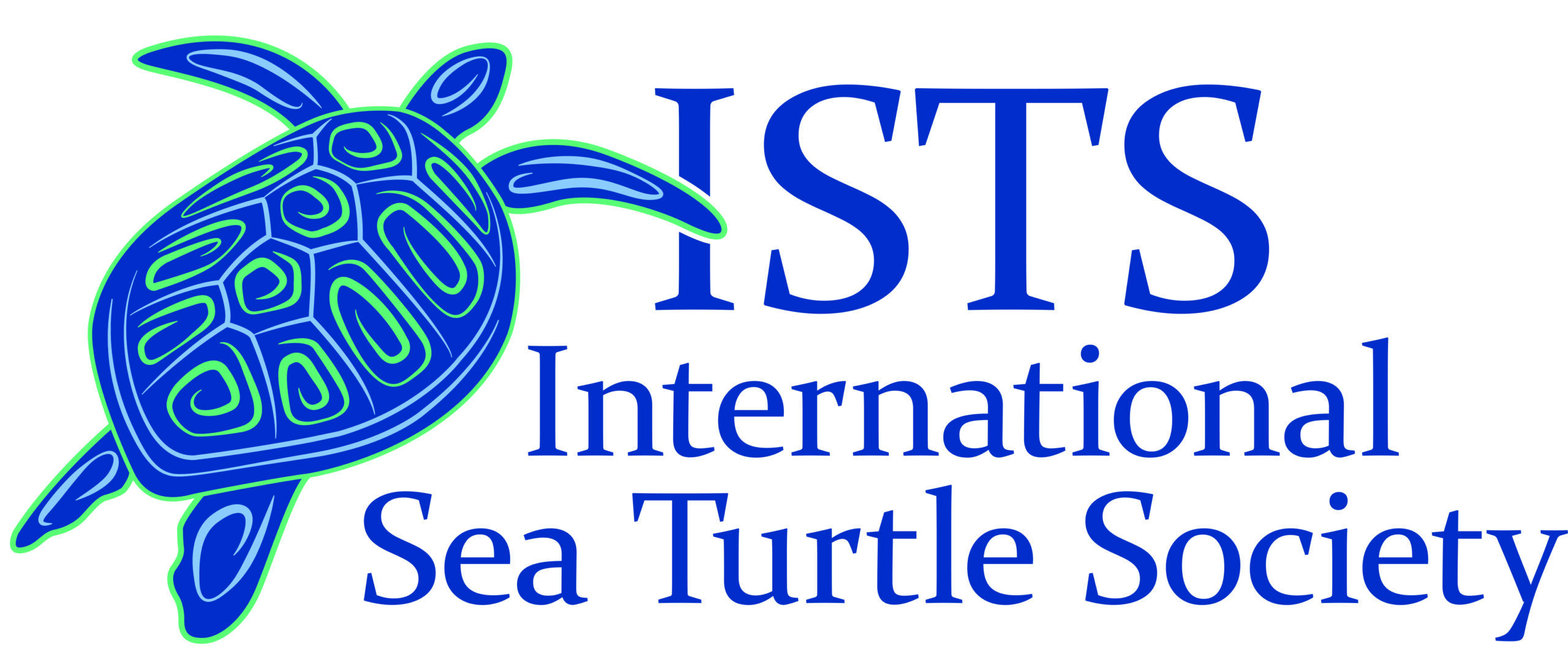Voting is open for nominated candidates for each available position with the International Sea Turtle Society. It will remain open until 23:59 (UTC+7) on 28th March 2024 and the results will be presented to the general membership at the 42nd International Sea Turtle Symposium. Please note that you have to be a current member of the International Sea Turtle Society to be able to vote. The application information and details of each nominated candidate can be found below.
President-Elect (one position)
Alexander Gaos
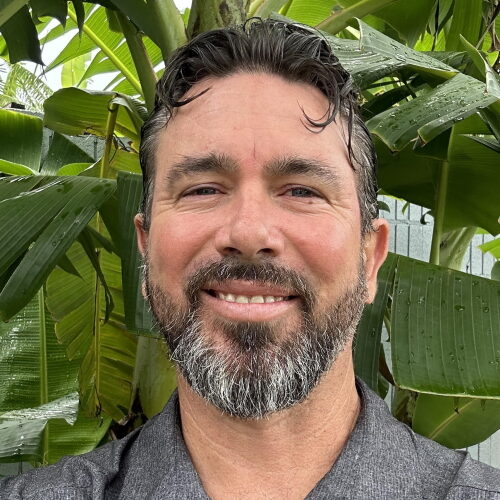
The sea turtle community, including researchers, managers, and community members, have represented my extended family for the past 20 years. The relationships I have and will continue to develop provide true inspiration and motivation for me as a person. They have also led to amazing research endeavors that I will cherish for the rest of my life. Given that context, the idea of orchestrating a meeting that brings all of you to a place as unique and special as Hawaii, would bring me an immense amount of satisfaction and happiness. My personal upbringing is diverse and multi-cultural, as is the history of Hawaii, and we will use this unique venue to highlight research and traditions across the Pacific Islands Region and beyond. I have extensive experience engaging funders and garnering the necessary support to successfully carry out sea turtle initiatives, which I will directly apply to ensure a successful ISTS44 in Hawaii in 2026. Early in my career I developed experience through work with various non-profit organizations in Latin America, which eventually led me to successfully co-found, direct, and acquire financing for an international sea turtle network, which I managed for over a decade. I did so while attaining a Master’s degree and subsequently a Doctoral degree. Having worked with NOAA over the past decade, I have continued to develop unique research initiatives across the Pacific Ocean. I would be humbled and honored at the opportunity to apply my skills to ensure an unforgettable symposium in Hawaii.
Board of Directors (two positions)
Andres Estrades
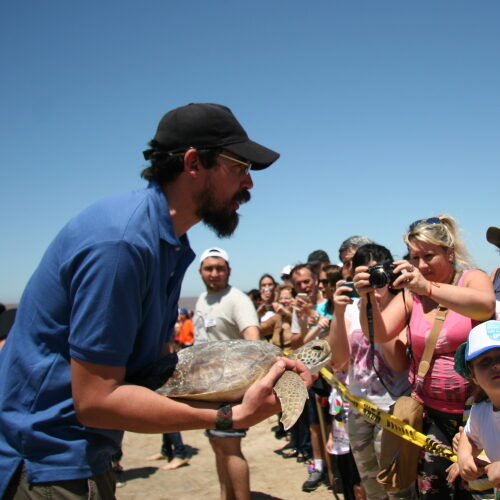
My name is Andrés Estrades and I was born in Uruguay in 1976. I have studies in Biology, Anthropology and Museology. My first jobs were as a volunteer in Mexico working on the protection of the turtle Dermochelys coriacea (1997-99). In 1999 I founded with some friends an organization called Karumbé for the study and conservation of the Sea Turtles of Uruguay. In this NGO I have played leadership roles. Since 2004 I have designed and implemented educational programs working with communities, and since 2010 I serve as Executive director. I have been an active Member of the World Conservation Union MTSG/SSC since 2006. I start to participate in Sea Turtle Symposiums since 1999. I have been involved in ISTS in various roles. In 2011-2013 I was elected to the ISTS Nominations Committee (for the last year he served as Committee Head). I continued to help ISTS with my participation in the Awards Committee (2015-2017). And in 2018, I served as a member of the Board of Directors, until 2023. During my service at the BoD we suffered the Covid Pandemic, a great challenge that made me rethink how to achieve an ISTS more connected with its members. During that period, I help to create the Small Grant Program to financially help members who work in the conservation of sea turtles in coastal communities. If elected to the BoD position, I will continue working to create new opportunities, to grow as a global community that loves and protects sea turtles.
Alexandre Girard
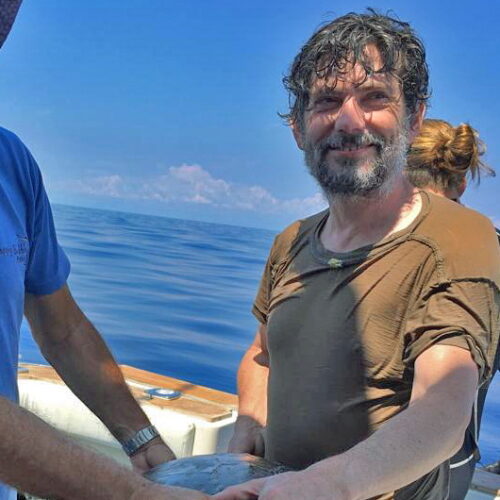
Alexandre (DVM, PhD) worked in marine turtle conservation for 23 years. He started as cofounder of Renatura an NGO protecting sea turtle along the coasts of the Republic of Congo (central Africa). Since 2012, Alexandre is leading the Rastoma network gathering 10 NGOs working on sea turtle conservation in 6 countries of West-Central Africa. Under Alexandre lead, Rastoma organized Congresses in Central Africa (Sao Tome 2016, Cameroun 2017), and then associated with its brother networks WASTCON (West Africa Sea Turtle Conservation Network) and NastNet (North Africa Sea Turtle Network) to organize joint network African congress (Lomé, Togo, 2020 and Cotonou, Benin, 2022).
Alexandre coordinated the data collection for Central Africa and participate actively to the SWOT Report Vol.12 (2017) dedicated to Africa. He is committed in MTSG (Burning issues) and involved as co-editor of the West Central Africa regional reporting.
Alexandre developed research activities bridging field conservation and scientific approaches. Within the laboratory “Ecology, Systematic and Evolution” in Paris-Saclay University, under the supervision of Pr. Marc Girondot, Alexandre developed specific areas of expertise, including sea turtle indicators (pressure and state), fibro papillomatosis epidemiology, by-catch evaluation in coastal waters (in West-Central Africa and Tunisia), artisanal fisheries impact assessment and mitigation solutions.
Alexandre integrated the French National Museum of Natural History in France in 2022. As Sea Turtle Program Officer, he currently oversees National Sea turtle evaluation in the framework of the European Union Environmental Policy and is also leading the Sea turtle Expert Group hosted by the OSPAR Convention.
Seh Ling Long
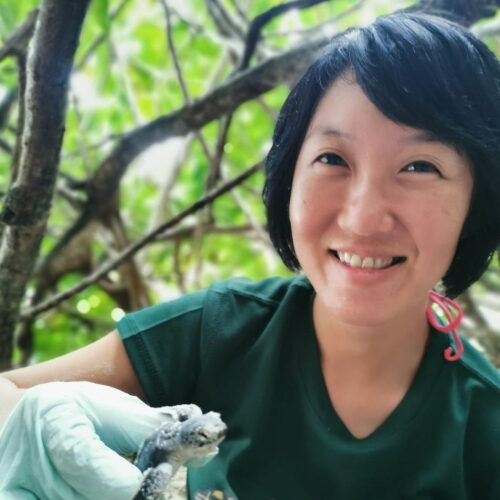
Seh Ling brings with her years of experience in conservation, having served as the former project manager of the Perhentian Eco-Education Project and co-founder of the Perhentian Turtle Project. Her unyielding dedication to sea turtle conservation stems from her roots in Terengganu, once an important leatherback rookery, where she grew up surrounded by the cultural significance of these majestic creatures, although she didn't have the chance to witness one.
Her profound connection to sea turtles inspired her to pursue a Ph.D. at the University Malaysia Terengganu, delving into human-sea turtle interactions within local communities in protected marine areas. As the Principal Officer of Lang Tengah Turtle Watch, Seh Ling adeptly managed operations, finances, and stakeholder relations while spearheading strategic planning, research, fundraising, staff training, and recruitment.
She also holds significant roles as the co-chair of the Turtle Interest Group in Malaysia and a member of the IUCN Marine Turtle Specialist Group, contributing her expertise to broader conservation efforts. Seeking new challenges after dedicating 11 years to Terengganu, Seh Ling will be expanding her horizons at TRAFFIC International Southeast Asia as their Senior Program Officer – Training and Capacity Building.
In her leisure time, Seh Ling enjoys quality moments with family and friends, indulging in reading, travel, snorkeling, movie watching, and engaging in creative pursuits.
Maribel Escobedo Mondragón
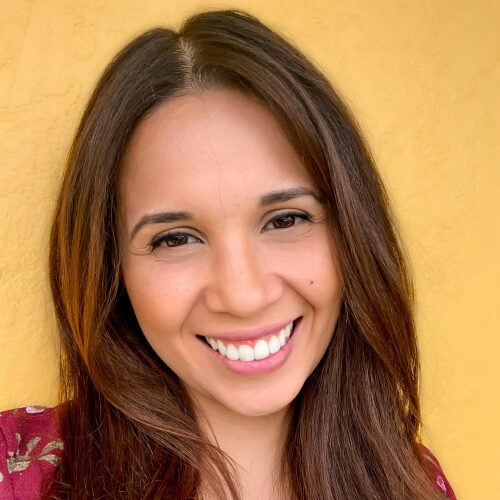
I am a Certified Aquatic Veterinarian dedicated to sea turtle medicine, research, and conservation. Currently pursuing an academic position in Marine Conservation & Aquatic Veterinary at the National Autonomous University of Mexico; and develop of a rescue and research sea turtle center for Yucatan Peninsula. My passion centers around the wildlife conservation, alongside research and medicine. At a very young age, I start working on medicine field, and over time I decide to become a wildlife veterinarian. My zeal for ocean conservation has been a driving throughout my career, leading me to develop my research project on biomonitoring marine contamination using sea turtle as bioindicators.
In my capacity as wildlife researcher, I learn policymaking strategies, which had led me to played key roles of leadership for diverse professional organizations: Head of Research Commission for the State Committee for Sea Turtle Conservation at Quintana Roo (2021-2024); Regional Chair for Latin America of Sea Turtle Rescue Alliance; Student Support Subcommittee Leader for the World Aquatic Veterinary Medical Association; and “Sand souls” documentary producer for Yucatec Diving and Conservation.
I have conducted extensive multidisciplinary research, establishing over 30 national and international partnerships, secure grant fundings, publish four scientific articles as first author, and co-founding the Mexican Association of Turtle Veterinarians, and Sea Turtle Biobank Network for Latin America. Additionally, I’m constantly looking forward to sharing my knowledge to young and current professionals. I truly believe that together we can achieve more, for one cohesive and inclusive voice for sea turtle conservation.
Richard Reina
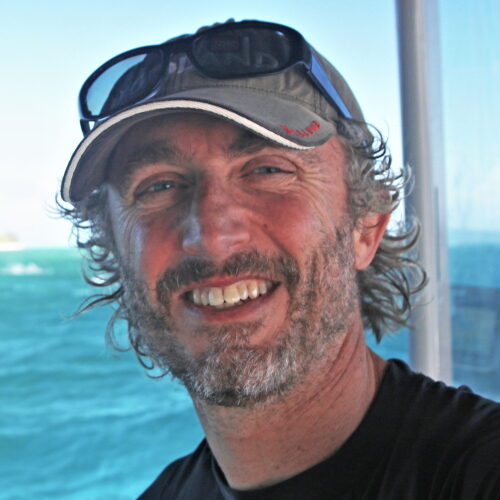
I began working with sea turtles in 1993, for my PhD investigating sea turtle physiology on the Great Barrier Reef. I attended my first sea turtle symposium in 1994. That experience inspired me to continue sea turtle research and protection, so I moved to Costa Rica in 1996 to lead the research team at Las Baulas National Park, working primarily with leatherbacks. I was actively involved in promotion of sea turtle conservation to the local community and liaised with researchers, management officials, students, guides, tourists and local school kids. I returned to Australia in 2002 to join Monash University in Melbourne, where I am now Professor and Deputy Dean in the Faculty of Science. My research interests are in the ecophysiology of turtles, sharks and penguins and how we can use biological knowledge to design better management and protection programs. I work closely with the Australian government in these areas, am a member of the Marine Turtle Specialist Group and have published over 130 scientific papers on these topics. I have been an active member of the sea turtle community and have attended most symposia since 1994 and served on the Board of Directors from 2018 to 2022. During that time I led several initiatives to restructure the Board’s operations, improve governance and support to members. If re-elected I would bring talent, enthusiasm and experience to the Board of Directors role to continue these reforms.
George Lewis Shillinger
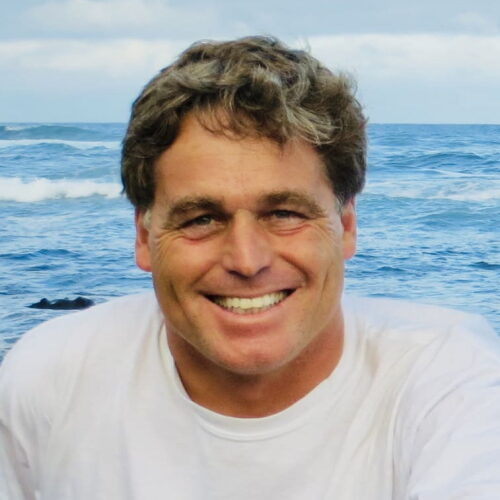
Dr. Shillinger is the Executive Director, co-founder and lead scientist for Upwell Turtles. He is also a founding board member and Treasurer for MigraMar. As Upwell’s lead scientist he develops research partnerships and leverages data to set conservation priorities, build support in key constituencies and advance protections for turtles at sea. George has worked in various capacities for different international environmental organizations since 1986. He has considerable experience researching the movement ecology of sea turtles and other large pelagic marine species, including sharks, billfish, and tuna and supporting related conservation efforts.
As a co-founder of the first-ever Great Turtle Race in 2007, he used satellite-tracking data to raise global awareness for critically endangered leatherbacks. Dr. Shillinger has great expertise in the deployment of satellite and acoustic tags on several sea turtle species and has been working to refine the development of novel micro-satellite tags for use on early stage juvenile sea turtles.
George holds a PhD in Marine Biology from Stanford University, an MS in Ecology and Evolutionary Biology from Stanford University, an MBA from the Yale University School of Management, and a BA in the Biological Basis of Behavior from the University of Pennsylvania. He currently serves on the advisory and supervisory committees of doctoral students at the University of Western Australia, Florida Atlantic University, and Florida Atlantic University Harbor Branch Oceanographic Institute, and University of Toulouse, France, and has previously served as an advisor to doctoral and masters students at the University of Maryland Center for Environmental Studies.
Nominations Committee (Ex-Board Member - one position)
Kellie Pendoley
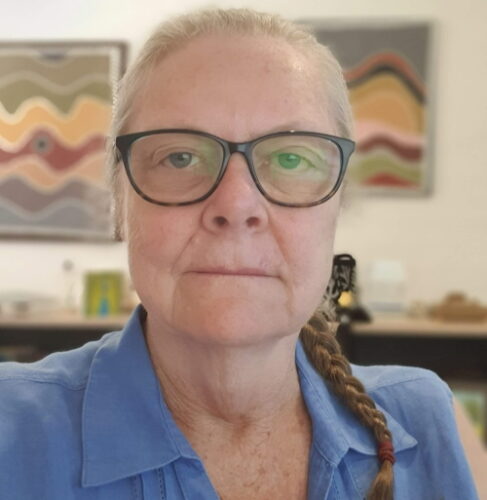
Dr Kellie Pendoley is the Principal Scientist and Director of Pendoley Environmental Pty Ltd. Kellie has 40 years experience as an environmental practitioner in the resource sector in Western Australia, focussing on marine turtle biology and artificial light at night (ALAN), monitoring, modelling and impact assessment. She routinely works with State and Federal regulatory agencies and most recently was lead author on the National Light Pollution Guidelines for Wildlife which were finalised in 2020 and subsequently adopted by the 133 signatory countries of the United Nations Convention of Migratory Species.
Nominations Committee (Regular Member - one position)
Connie Ka Yan Ng
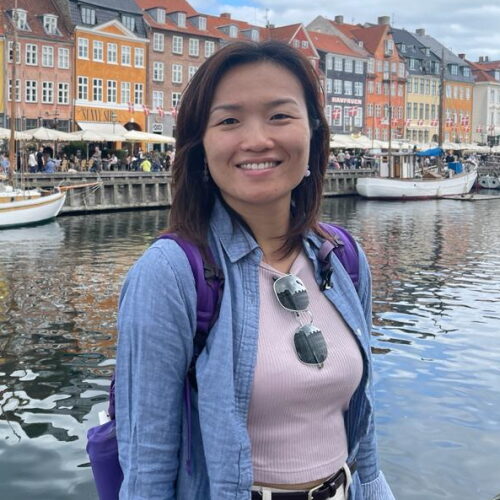
I am a communicative professional with 15-year experience in a range of disciplines, namely scientific research and conservation, cross-cultural network building and environmental impact assessment. My sea turtle research experience stemmed from studies on coral and macroalgal community during undergraduate and master degrees. I have devoted my efforts in sea turtle research and conservation in the China Region since 2009 and completed my PhD on multi-disciplinary Green Turtle study in the South China Region in 2015. Serving as Regional Co-Vice Chair for the East Asia Region of the Marine Turtle Specialist Group (MTSG) of the IUCN since 2016, I have actively fostered network and facilitated cross-cultural communication among stakeholders of various expertise from researchers, academia to wildlife managers and local conservationists in the East Asia Region and with other regions through science and communication. I authored several publications on habitat use and genetic connectivity of green turtles in the China Region, and jointly led with other scientists on the publications in the East Asia Region, including the MTSG Regional Report. I also contributed to multi-disciplinary networking by co-hosting regional meeting and section of oral presentations in the ISTS, and delivering workshops on sea turtles with local conservationists in the region. With my good command of communication and language skills (literate in English and Chinese), I am eager by serving on Nominating Committee to reinforce connection with existing and potential suitable people and expand the diversity and representation of the ISTS so as to advance its vision, mission and global identity.
Awards Committee (Regular Member - two positions)
Rod Mast
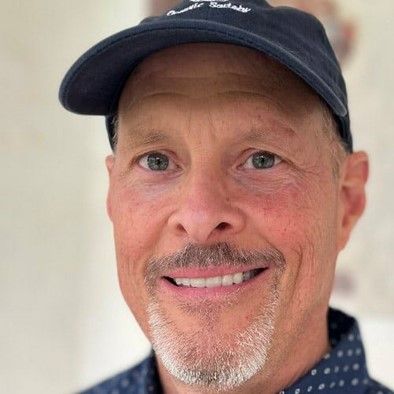
Roderic Mast is a lifelong conservationist, a marine biologist, and an experienced travel guide who got his start as a naturalist in the Galápagos Islands. Rod is an expert in sea turtles, and is both the co-chair of the IUCN-SSC Marine Turtle Specialist Group and the co-founder of the State of the World’s Sea Turtles (SWOT) Program, which is managed by Oceanic Society. Rod is also a passionate photographer, author, and public speaker.
Ryan Welsh
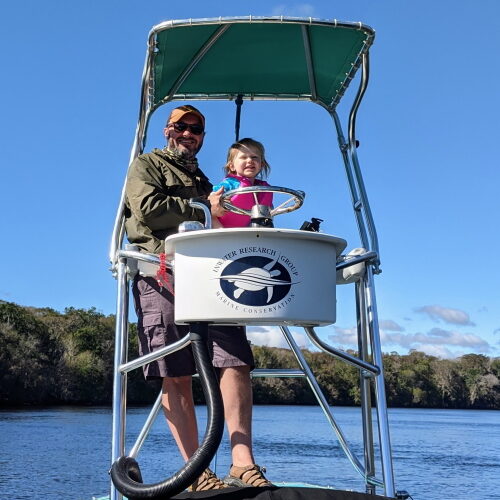
Ryan Welsh, began his journey in 2003 after earning a BA in Biology from Earlham College. He furthered his studies with a Master’s in Biology at the University of Central Florida, where he is currently pursuing a PhD with the Marine Turtle Research Group. Ryan has been part of Inwater Research Group since 2012 and holds a United States Coast Guard Master Captain’s license. His work has spanned the Gulf of Mexico and the Caribbean, having collaborated with various organizations such as the National Park Service, US Fish and Wildlife Service, The Nature Conservancy, Mote Marine Laboratory, and Sea Turtle, Inc. Ryan’s research primarily focuses on in-water mark-recapture projects, vessel-based transect surveys, and spatial modeling.
Awards Committee (Lifetime Achievement Awardee Member - two positions)
Jacques Fretey
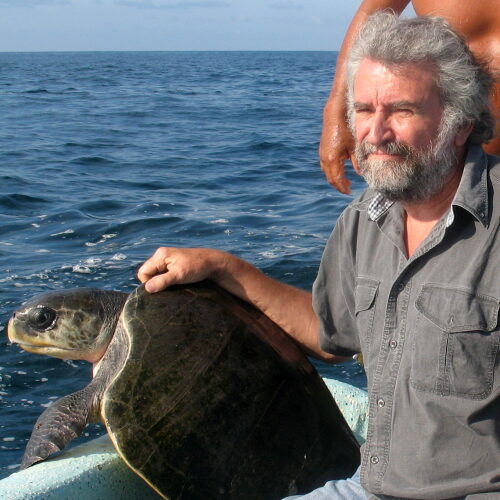
Scientific godson of Jean Rostand, young naturalist, Jacques Fretey received the Fondation de la Vocation prize in 1970. 1974: he was taken on as a research associate at the National Museum of Natural History in Paris. He published his first guide to the Amphibians and Reptiles of France in 1975. From 1977, he worked in French Guiana on Reptiles under the direction of Jean Lescure. He specializes in turtles, especially sea turtles. He works on the taxonomy of Guyanese species. Having become a specialist in the Leatherback Turtle, from 1979 to 1996 (for the Paris Museum, Greenpeace, WWF) he directed the study and conservation campaigns for the marine turtles of Guyana. In 1981, Professor Archie Carr took him into his IUCN Marine Turtle Specialist Group. In 1984, he experimented for the first time in the world with an Argos beacon on a Luth. 1992: Editor of classification projects as a Ramsar site (Wetlands of International Interest) and nature reserve in the Lower Mana region (French Guiana) for the French Ministry of the Environment. In 1999, with Douglas Hykle, Deputy Secretary of the CMS, he created the Abidjan Memorandum and became its scientific advisor. He sets up projects in Gabon, Congo, Sao Tome and Principe, Cameroon, Togo, Guinea and Mauritania. 2000: Distinction by receiving the Tropical Conservation International Award. 2002: Launch of the idea of a regional scientific center for marine turtles with rehabilitation of the Museum of the Sea on the island of Gorée (Senegal). Working on the classification as a marine national park of a large part (118,000 ha) of the southwest of the town of Kribi, in Cameroon. Has published around 200 scientific publications and written (alone or with others) around twenty books.
Earl Possardt

Earl Possardt‘s adventure with nature’s diverse life forms began about the age of 4 feeding grasshoppers to spiders in his backyard and advancing by the age of 7 to catching snakes where he almost caught a juvenile milk snake which both terrified and fascinated him as it lunged at his hesitant hand. He was not academically inclined during his school years, however, so one day after high school graduation in 1966, he detoured into the Marine Corps for three years of adventure (oops) and his first trip to the jungles of Southeast Asia in 1968 from which he returned to become a very serious student. He subsequently earned a B.A. in Wildlife Biology from the University of Connecticut in 1973 and an M.S. in Wildlife Biology from the University of Massachusetts in 1977. He shortly thereafter started his work with the USFWS with a summer stint studying sea birds on an uninhabited off shore Alaskan island which progressed to various assignments with USFWS over the next 44 years working within the National Wildlife Refuge System, Endangered Species Program, refuge acquisition planning program, and for the last 22 years, growing and implementing an international marine turtle conservation program (standing on the shoulders of his USFWS mentor and hero, Jack Woody). In between and during his official duties with USFWS he worked with a large team of dedicated rattlesnake biologists over a period of 30 years to create a 400 plus page document to guide and inspire Timber Rattlesnake conservation efforts in the U.S. 35 states and two Canadian provinces; a species he has a special fondness for which he believes is due to his Abenaki heritage and its special reverence for this species.
